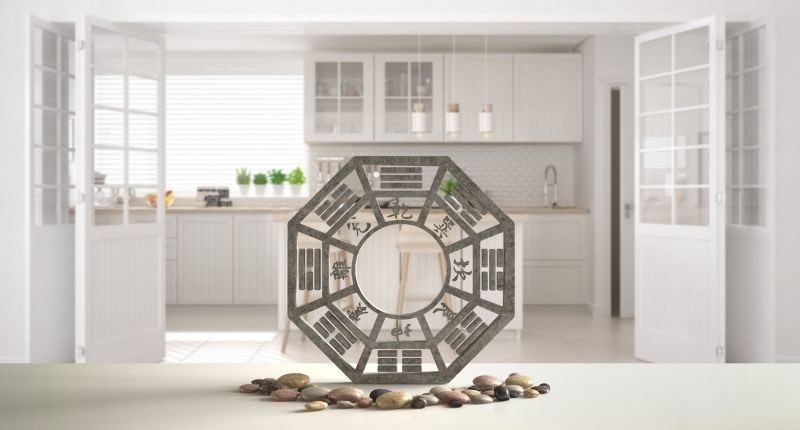- Feng Shui refers to the philosophy of achieving 'energy, balance and harmony'
- 82% prefer how a home using Feng Shui looks and feels
- Feng Shui master explained how a Hurstville development used its principles
Feng Shui philosophy may not be mainstream in Australia, however, with foreign investors from China and Singapore spending a total of $16.6 billion on Australian real estate during 2019-2020, some locals are beginning to pay attention to the ancient Chinese practice.
Feng Shui refers to the idea of achieving ‘energy, balance and harmony’, and incorporating these ideas into home design.
57% of Australians are more inclined to purchase real estate that maximises chi (or energy) according to research from HSBC. Additionally, 82% prefer how a home using Feng Shui concepts looks, despite not knowing how its principles work.
TQM, an Australian property developer, recently engaged Hong-Kong-based Feng Shui master Hangsheng Li to deliver a presentation to 100 guests on the location of its new development, Lotus Residence, in Hurstville.
Hurstville is home to more Chinese residents than any other Australian suburb, with almost 37% of residents were born in China, according to the 2016 census.
It is argued that Hurstville’s landscape resembles a dragon, which represents power, success and good luck in Chinese culture.
The site of Lotus is located at the entrance of the ‘dragon-like suburb’ which Mr Li said creates a perfect place for ‘water’ to flow inwards to the heart of Hurstville.
Mr Li also refuted claims that the triangular structure of the development and roads in front and behind were ominous.
“The commonly misunderstood ‘T-intersection’ layout is an ideal Feng Shui structure for shops and retail because it delivers constant flow and live energy to an area,” he said.
“Feng Shui is much more complicated – its literal meaning is ‘wind’ and ‘water’, signifying vitality, field energies, flow and change in your surroundings,”
Hangsheng Li, Feng Shui master

Ways to attract Feng Shu-driven buyers include:
- Front of house: called the “phoenix space” this should be open to allow good chi to enter and nourish the house, although if a front and back door is aligned, a screen should be positioned to redirect the flow of energy so none is lost out the back door.
- Sides of house: The right (or dragon) space should be slightly higher than the other side to allow good support and prosperity.
- Back of house: The “turtle” space should be a raised backyard in a traditional mountain shape. If the backyard slopes downwards, this can be rectified by installing a high fence, hedge or plant wall.
- Numbers: A more universally known Chinese principle is the meaning of several numbers. The number 8 means prosperity while 9 means high attainment, which is attractive to Chinese buyers. 4 means death, so is not popular at all. This extends to all types of dwelling such as houses, units and apartments.
- Mirrors: By adding a special Bagua mirror over the door outside the home can block ‘negative chi’ entering.
- Stairs: Stairs are concerning given how they redistribute energy – a staircase should never directly face the front door.








